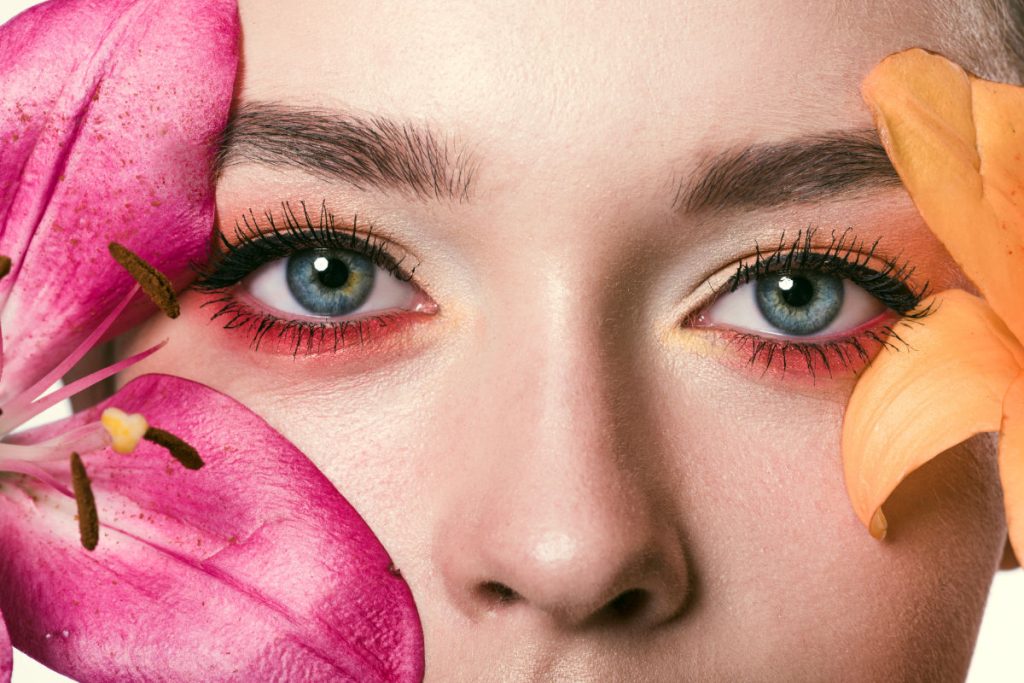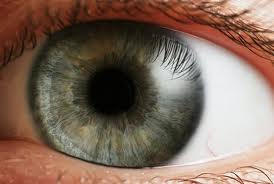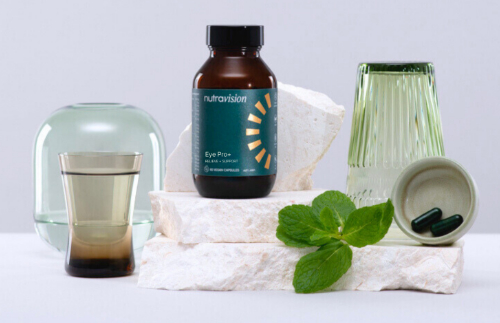
Many people are concerned about their eye health and vision. Many of the eye problems that cause visual loss and blindness are irreversible, and therefore prevention and early treatment is definitely the priority. So how do you look after your eyes? After all, there is currently a lack of high-quality information on how to look after our eyes properly and often we tend to receive conflicting advice from various sources. At this point, a very important concept should be highlighted.

This extremely important concept is this: Looking after your vision and eye health is simple and can be done by everybody. It is not only for rich or retired people. It does not have to involve lots of money or time. Anyone anywhere can and should look after his or her own eyes. It is after all your responsibility and no one elses’.
Here are 7 essential steps to help you keep your vision and eyes healthy.
1. Adopt healthy lifestyle habits
2. Protecting your eyes from trauma
3. Eating the right foods and having the right diet
4. Taking the right nutritional supplements
5. Doing regular eye exercises
6. Adopting the power of positive thinking
7. Undergoing regular checkups by eye healthcare professionals
1. Adopt healthy lifestyle habits
This sounds pretty obvious and common sense. The healthier your body is in general, then the healthier your eyes and vision will be. A healthy body plays an important role in regulating the immune system throughout all organ systems, including the eye. A strong immune system helps to maintain your eye health by enabling your eyes to better withstand viral and bacterial infections, such as in bacterial or viral conjunctivitis and keratitis. And even if you were to succumb to them, your recovery period will be quicker and your chances of being afflicted by the same virus or bacterium may become significantly less. The same goes for recovery periods from trauma and other diseases.
So is it easy to adopt the kind of healthy lifestyle options that you need to keep your eyes working in good order? The answer is a resounding YES!
2. Protecting your eyes from trauma
This sounds fairly obvious, but you should always protect your eyes from all manner of harm or trauma. Injury to the eye can be physical, chemical or radiation-based.
Physical injury occurs when an object, sharp or blunt, impacts upon the eye. Chemical injury occurs when a chemical (oils, acids, alkalis, paint, etc) comes into contact with the eye. Radiation injury occurs when radiation from any source causes damage to the eye, for example when looking at the sun during the eclipse or welding without any protection.
3. Eating the right foods & having the right diet
Is diet important in maintaining our eye health? The answer is: YES. In fact, it is absolutely essential. Unfortunately, many are not aware of this. In April 2012, the Ocular Nutrition Society issued a consensus statement calling for urgent need to educate the public on the importance of nutrition in supporting eye health.
We all know that having a diet low in cholesterol, trans-fatty acids and LDLs (low density lipoproteins) but high in HDLs (high density lipoproteins) will help to maintain our cardiovascular system running healthily. However, eating the right foods and having the right diet is not just about keeping your cardiovascular system healthy. Your body and eyes requires regular and constant nourishment and replenishment of amino acids, vitamins, minerals, carbohydrates and fatty acids that it metabolizes throughout the day.
4. Taking the right nutritional supplements
It is sometimes not possible to have a diet which is always full of the vitamins, minerals and pigments that are so important for eye health. This is where nutritional supplements come in. At present, the only supplements that have been shown to have clinical benefit for the eye are the high-dose antioxidants based on the AREDS (Age-Related Eye Diseases Study) clinical trial sponsored by the National Eye Institute of the United States. Please make no mistake – supplements are no substitute for the natural sources of nutrition. So just because you take supplements does not mean that you can stop eating a balanced diet.
5. Doing regular eye exercises
Muscles around and within the eyeball are essential for good vision and proper functioning of the eye. The ciliary muscles are involved in changing the shape of the lens, which allows you to focus on near and distant objects. The pupil sphincter and dilator muscles adjusts the size of the pupil according to the amount of light in the surroundings in order to optimize vision. The 6 extraocular muscles – the superior rectus, inferior rectus, lateral rectus, medial rectus, superior oblique and inferior oblique muscles – work together to move your eyes in all the different directions of gaze.
6. Adopting the power of positive thinking
Your brain is capable of the most amazing things once you believe in it. By always thinking of the best outcomes for your eye health and vision, you will subconsciously behave in ways that ensures that your eye health is taken care of. When you think positive, you will automatically care for and protect your eyes better. Your eyes will respond to any eye problems or injury by either overcoming the insults or by adapting as best as they can. You will somehow know the limits of what your eyes can or cannot do. If you always think positively that your eyes will remain healthy and disease-free, then this is the condition that your eyes will tend to be.
7. Undergoing regular eye checkups
This is absolutely essential and cannot be stressed enough. Yes, your visual acuity may be a perfect 20/20 and your eyes may feel fine, but you should still get your eyes screened or examined by a qualified optometrist or ophthalmologist. The reason for this is because your eye health is not measured by only how well you can see. And because you
may still be at risk of developing sight-threatening eye problems and diseases that can be silent, such as glaucoma and age-related macular degeneration.


